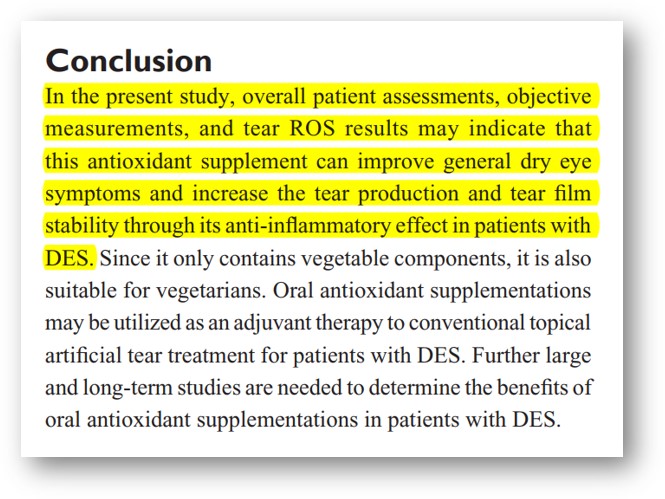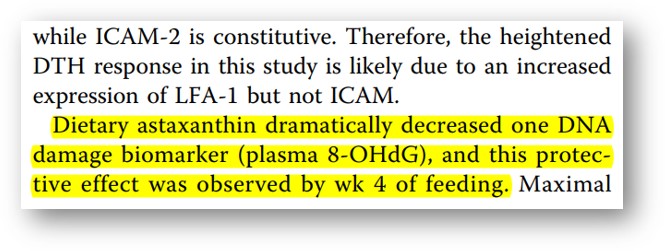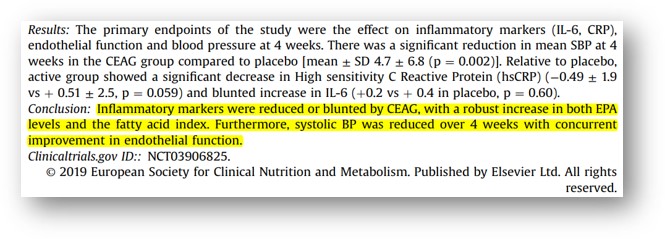Pharmacist who reads papers
Did you think it was only good for your eyes? Astaxanthin in the paper
1. Improves dry eyes
2. Improves DNA damage
3. Reduces inflammation and systolic blood pressure
Hello. I'm a pharmacist Jinny.
Do you know about astaxanthin, which is attracting attention as an emerging eye health ingredient along with lutein? It is widely distributed in aquatic animals including crustaceans, and is also known as an ingredient contained in Haematococcus extract, which has been recognized by the Ministry of Food and Drug Safety for its ability to help improve eye fatigue.
However, after reviewing the data, it was found that astaxanthin has so many health benefits that it is too much to say that it is "good for the eyes." So today, we're going to look at astaxanthin's octogenarian appeal based on papers.
1. Improves dry eye syndrome
Dry eye is a condition in which the surface of the eye becomes dry due to insufficient tear production or excessive evaporation of tears. It is easy to think that it is a minor problem, but it can lead to symptoms such as eye and head pain, light blurring, and decreased vision, so it is a disease that requires constant management throughout life.
A 2016 study in Clinical Ophthalmology showed that supplementation with astaxanthin, bilberry extract, vitamin E, selenium, and zinc could help with dry eyes [1].

"The results of the global patient assessment, objective measurement, and tear reactive oxygen species in this study may mean that this antioxidant supplement may improve general dry eye and increase tear production and tear film stability through anti-inflammatory effects in patients with dry eye."
2. Improves DNA damage
The benefits of astaxanthin are not limited to eye health. Astaxanthin is a type of phytochemical that plays a role in removing free radicals, which are the main culprits of DNA damage. Therefore, the scientific community has focused on the antioxidant activity of astaxanthin and has conducted various studies.
A 2010 study in Nutrition & Metabolism showed that supplementation with astaxanthin, lutein, and beta-carotene improved DNA damage [2].

"The astaxanthin diet dramatically reduced one DNA damage marker (serum 8-OHdG), and this protective effect was observed over a four-week period of intake."
3. Reduces inflammation and systolic blood pressure
As reports of astaxanthin also removing inflammatory substances have accumulated, studies have been accumulating to observe changes in inflammatory markers following astaxanthin supplementation.
A 2020 study was reported in Clinical Nutrition ESPEN that looked at the effects of compositions including astaxanthin and EPA, a type of omega-3, on inflammation and systolic blood pressure [3].

"Inflammatory markers were reduced or slowed by astaxanthin composition intake, with significant increases in EPA levels or fatty acid index. In addition, systolic blood pressure was reduced over four weeks with simultaneous improvement in endothelial function."
Today we looked at astaxanthin. As mentioned earlier, astaxanthin has a variety of health benefits, so it is expected to be used more widely in the future.
We look forward to seeing you with more interesting papers in the future. I hope you have a healthy day in body and mind. It was Jinny.
[1] Huang, J. Y., Yeh, P. T., & Hou, Y. C. (2016). A randomized, double-blind, placebo-controlled study of oral antioxidant supplement therapy in patients with dry eye syndrome. Clinical ophthalmology (Auckland, N.Z.), 10, 813–820.
[2] Park, J.S., Chyun, J.H., Kim, Y.K. et al (2010). Astaxanthin decreased oxidative stress and inflammation and enhanced immune response in humans. Nutrition & Metabolism (Lond) 7, 18.
[3] Divya Birudaraju, Lavanya Cherukuri, April Kinninger, Bhanu T. Chaganti, Kashif Shaikh, Sajad Hamal, Ferdinand Flores, Sion K. Roy, Matthew J. Budoff (2020). A combined effect of Cavacurcumin, Eicosapentaenoic acid (Omega-3s), Astaxanthin and Gamma –linoleic acid (Omega-6) (CEAG) in healthy volunteers- a randomized, double-blind, placebo-controlled study. Clinical Nutrition ESPEN, 35, 174-179.
[2] Park, J.S., Chyun, J.H., Kim, Y.K. et al (2010). Astaxanthin decreased oxidative stress and inflammation and enhanced immune response in humans. Nutrition & Metabolism (Lond) 7, 18.
[3] Divya Birudaraju, Lavanya Cherukuri, April Kinninger, Bhanu T. Chaganti, Kashif Shaikh, Sajad Hamal, Ferdinand Flores, Sion K. Roy, Matthew J. Budoff (2020). A combined effect of Cavacurcumin, Eicosapentaenoic acid (Omega-3s), Astaxanthin and Gamma –linoleic acid (Omega-6) (CEAG) in healthy volunteers- a randomized, double-blind, placebo-controlled study. Clinical Nutrition ESPEN, 35, 174-179.




![[Glutathione benefits] is also important for the brain! 3 Benefits of Glutathione, the King of Antioxidants](http://esther-mall.com/cdn/shop/articles/30.jpg?v=1733992645&width=480)